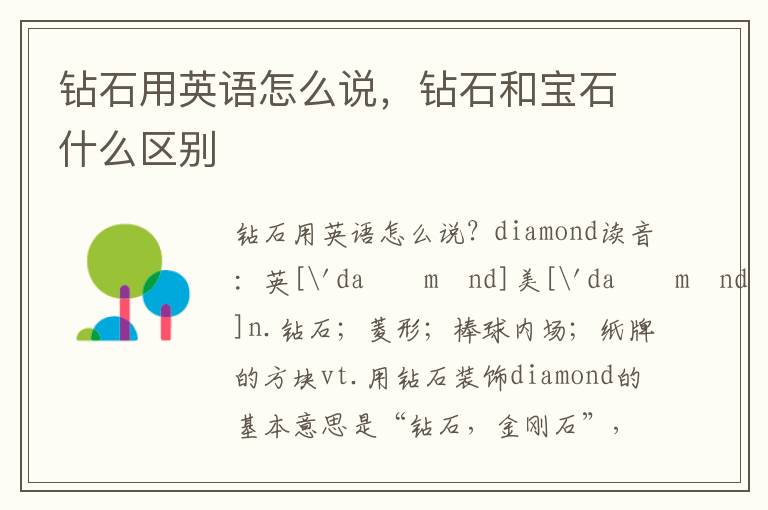【简介】感谢网友“雕龙文库”参与投稿,这里小编给大家分享一些,方便大家学习。
Some people think that the main purpose of schools is to turn children into good citizens and workers, rather to benefit them as individuals. To what extent do you agree or disagree?
Discussion with regard to the chief purpose of schools has constantly aroused peoples attention. Some are of the idea that the main responsibility of schools is to help children to be good citizens and workers but not benefit children themselves. Personally, I tend to oppose this idea.
It is a commonly shared convention that the main function of schools largely lies in the quality education they could probably afford for students. Such education normally covers a wide range of fields where students talents and gifts could be substantially discovered and developed via including a significant number of courses, such as literature, mathematics, biology and chemistry so that students are granted to choose courses that they are most interested in and would benefit from the whole process of education. In other words, students are willing to learn the courses they choose and are likely to make great achievements in those fields, which will apparently facilitate them to find a decent job after graduation in such a job market of sizzling competition. Therefore, the conclusion that school education is not to benefit students as individuals is evidently erroneous.
However, those who believe cultivating students to be good citizens and workers is the principal responsibility of schools also tend to be reasonable, for the simple reason that becoming good citizens requires students of noble moral sentiment and this should be obtained from school education; while becoming a good worker also demands students of a number of professional skills related to the area they are specialized in and this would also be offered by school education. But becoming good citizens and workers hardly reaches the conclusion that the purpose of schools is not to benefit students individually.
My view is that fostering students to be good citizens and workers seems not mutually exclusive with benefiting students individually; instead, the more benefits students themselves gain from school education, the easier they become good citizens and workers.
Some people think that the main purpose of schools is to turn children into good citizens and workers, rather to benefit them as individuals. To what extent do you agree or disagree?
Discussion with regard to the chief purpose of schools has constantly aroused peoples attention. Some are of the idea that the main responsibility of schools is to help children to be good citizens and workers but not benefit children themselves. Personally, I tend to oppose this idea.
It is a commonly shared convention that the main function of schools largely lies in the quality education they could probably afford for students. Such education normally covers a wide range of fields where students talents and gifts could be substantially discovered and developed via including a significant number of courses, such as literature, mathematics, biology and chemistry so that students are granted to choose courses that they are most interested in and would benefit from the whole process of education. In other words, students are willing to learn the courses they choose and are likely to make great achievements in those fields, which will apparently facilitate them to find a decent job after graduation in such a job market of sizzling competition. Therefore, the conclusion that school education is not to benefit students as individuals is evidently erroneous.
However, those who believe cultivating students to be good citizens and workers is the principal responsibility of schools also tend to be reasonable, for the simple reason that becoming good citizens requires students of noble moral sentiment and this should be obtained from school education; while becoming a good worker also demands students of a number of professional skills related to the area they are specialized in and this would also be offered by school education. But becoming good citizens and workers hardly reaches the conclusion that the purpose of schools is not to benefit students individually.
My view is that fostering students to be good citizens and workers seems not mutually exclusive with benefiting students individually; instead, the more benefits students themselves gain from school education, the easier they become good citizens and workers.









